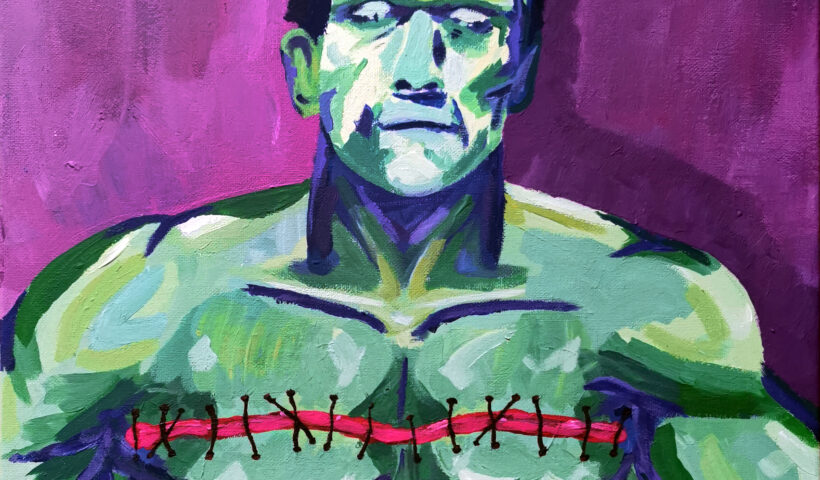Alluvium Editorial 10.2
In this issue of Alluvium, four contributors discuss an international variety of texts. What these novels and films all have in common is that their characters deal with adversity, be it through their surrounding society or their own inner lives. As such, their struggles, losses, and triumphs are examined. The four contributions thus come together to reflect on the impact literature can have on the world in criticizing injustices and imagining a better future.










